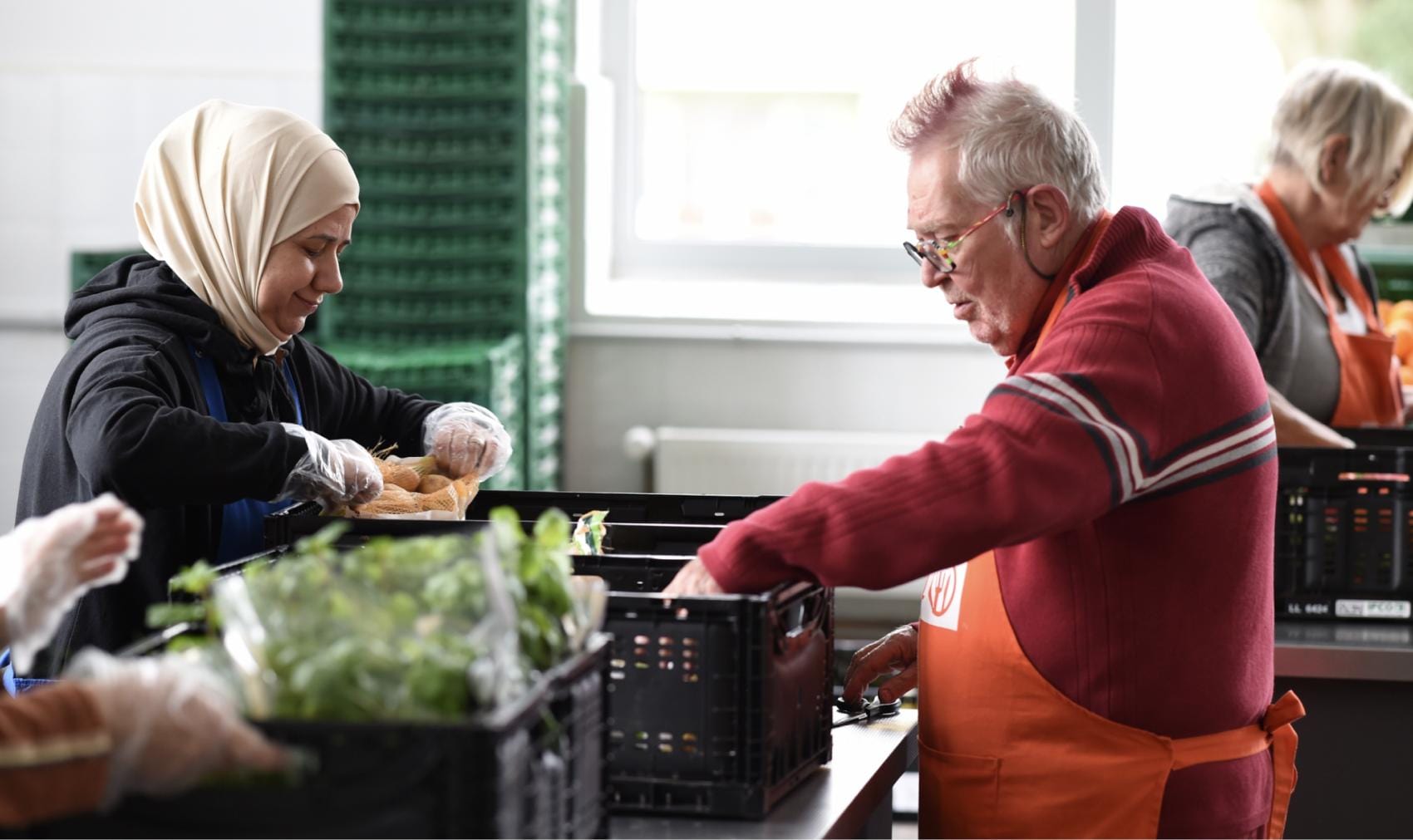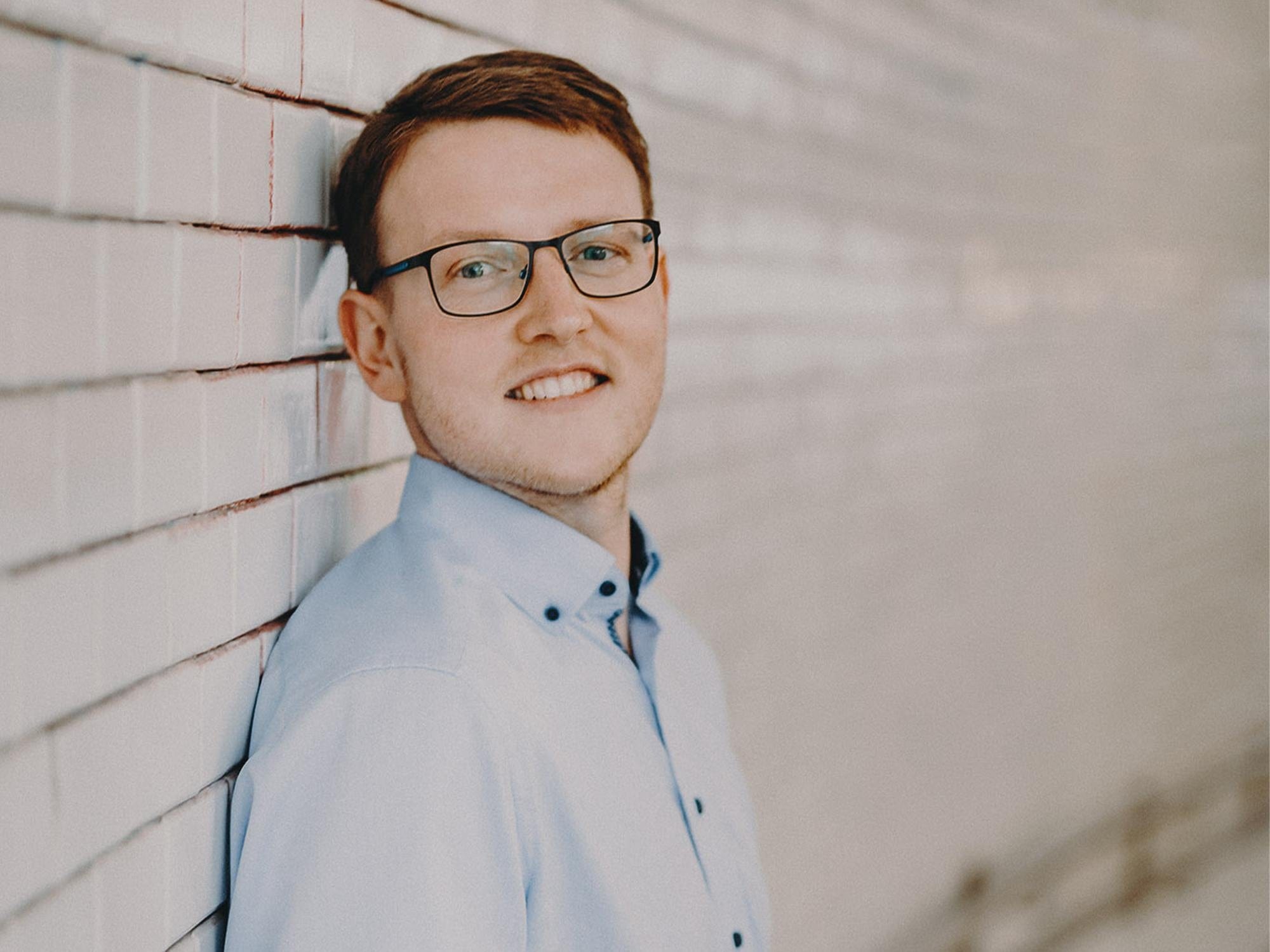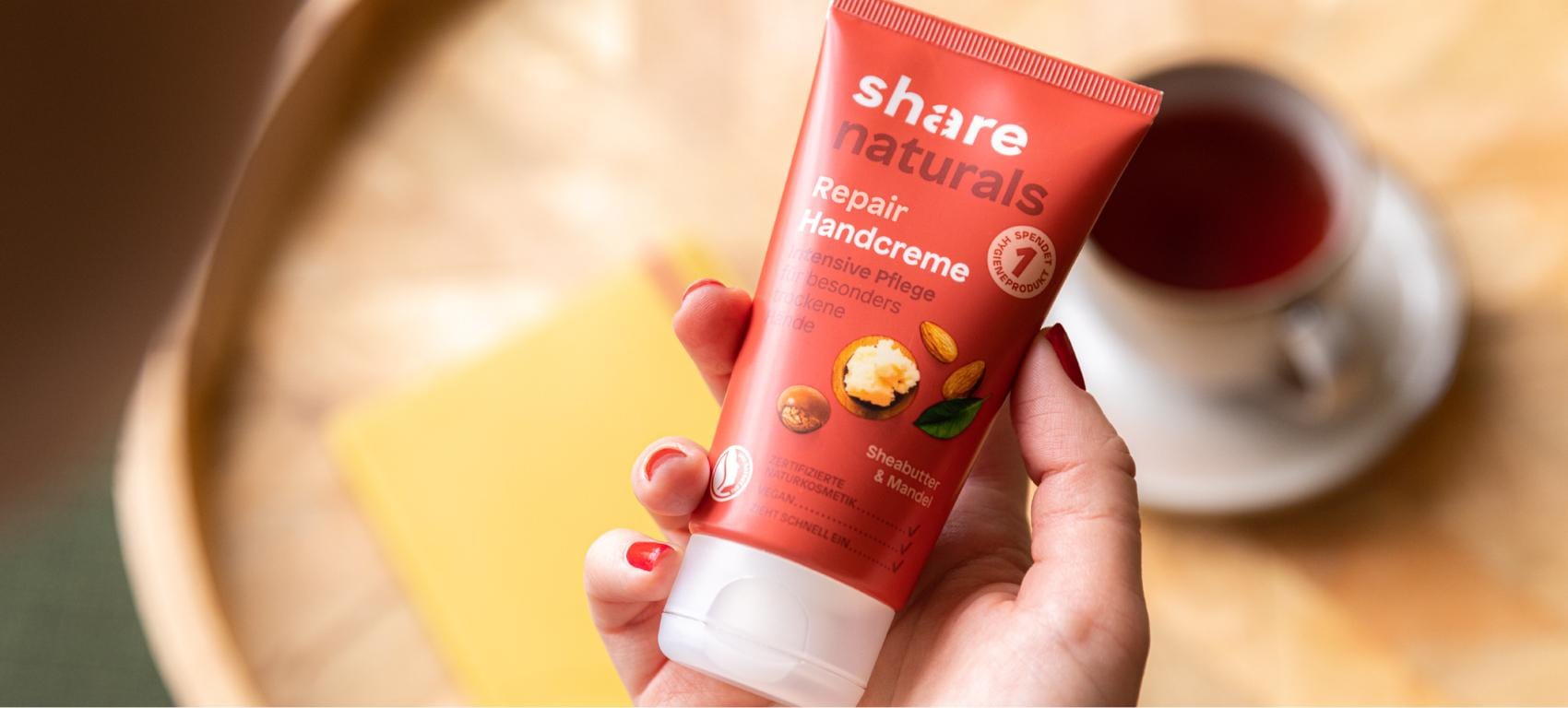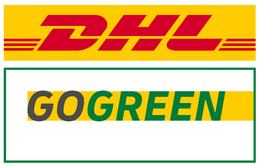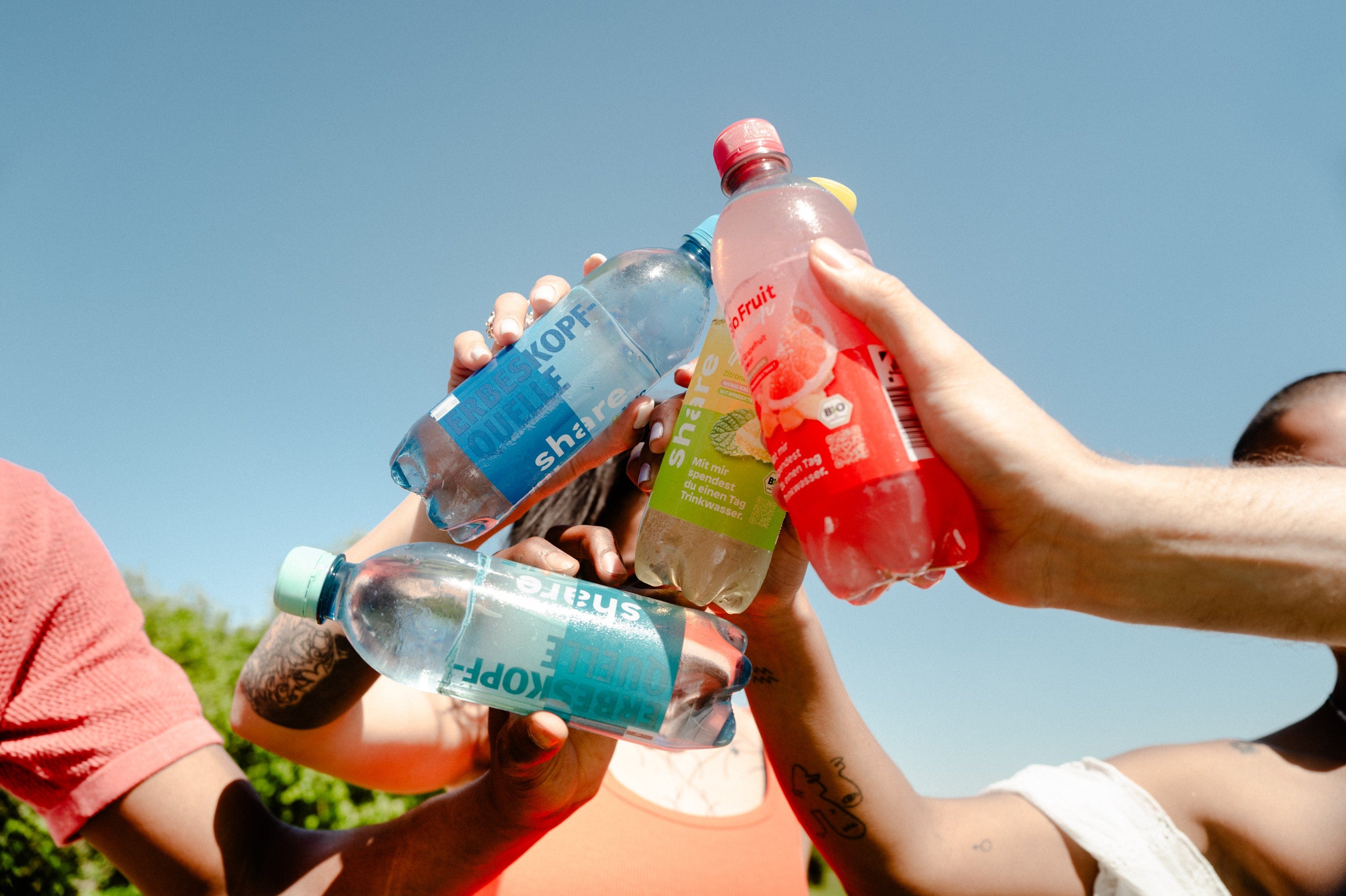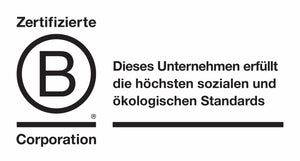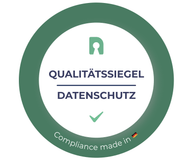Was there a personal experience that motivated you to pursue this vision?
I lived in India for two years to do my research. A family lived on the sidewalk in front of my apartment. The entire family consisted of two adults and two children. Their apartment consisted of this 2x2 meter sidewalk. At first, this affected me. I tried to support them and gave things from my household. Over time, I just accepted their suffering. Until one day, a baby was lying on the sidewalk and the family didn't even have any clothes for this little creature. That woke me up again and I realized that we have to actively do something every day to improve the situation.
But I also thought, that can't be true. Why do we always have to have negative experiences before we can do something good?
So, step by step, we realized together that we can have a positive impact on the things we do every day. That means we can do all the things that we know are right and important, and all of that can be combined with positive emotions. That's exactly what happens when we buy and use share products.
We know that many people are not aware of how incredibly inexpensive it can be to help. They are not aware that it is possible to do good with normal shopping, almost without even noticing. We want to change that and instead spread our message:
Where do you particularly notice social injustices in your everyday life?
Unfortunately, in many places. We also run projects against homelessness with share and with Tafel Deutschland . In these projects we share warmth and food - important basic needs that are not yet available to everyone in our society. These are aspects that we experience every day.
But many aspects of social injustice remain hidden from privileged people in their everyday lives. I was particularly aware of this because my partner at the time was a social worker and worked with many families in socially disadvantaged areas and underage refugees. This taught me how much goes on behind the scenes.
Of course there are the dramatic cases that we see on television. But there are many people in our society who come from families where everything seems to be going well, but who are struggling with difficulties behind the scenes such as neglect and violence. That made me realise that there is a lot of work to be done here too.
How would you describe your personal situation? Have you ever been treated unfairly?
I grew up believing that social injustice did not apply to me. I had access to educational opportunities and to see the world. My entry into the job market also seemed very equal to me.
But I have also noticed that the further you progress in your career as a woman, the more difficult it is to get ahead. In Germany, competition for attention, resources, topics and networks does not tend to occur when you start your career, but rather when it comes to influence, power and positions.
I find this very difficult and that is why I would like to personally work to ensure that more women start businesses and take on responsibility.
I can only advise women and other marginalized groups to network. The content of your studies can never be as important as the people you study with.

